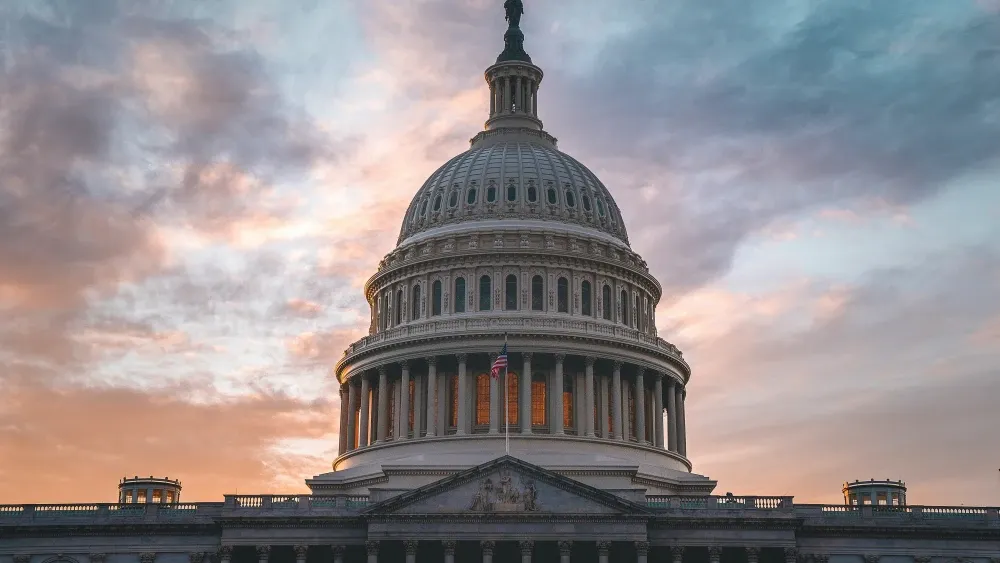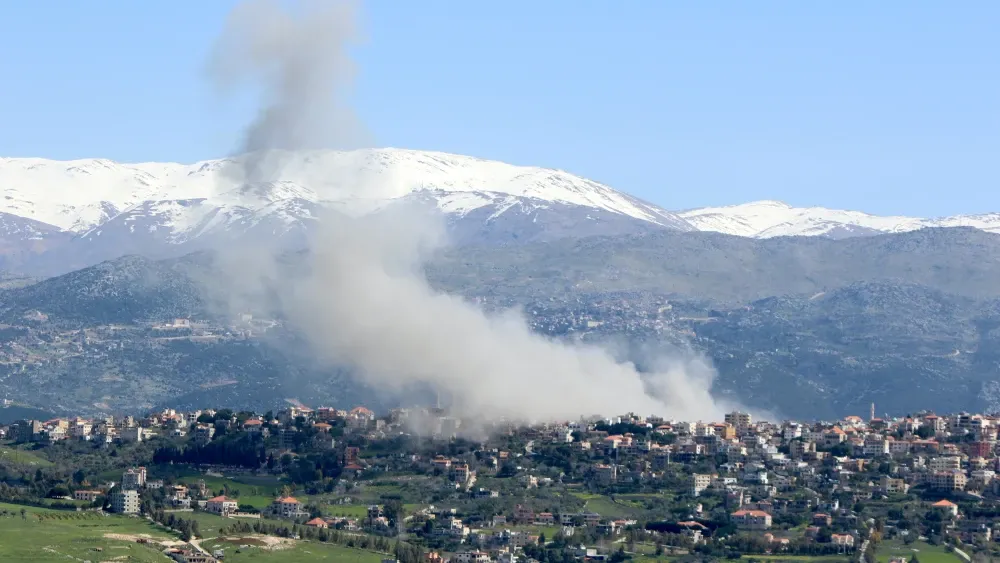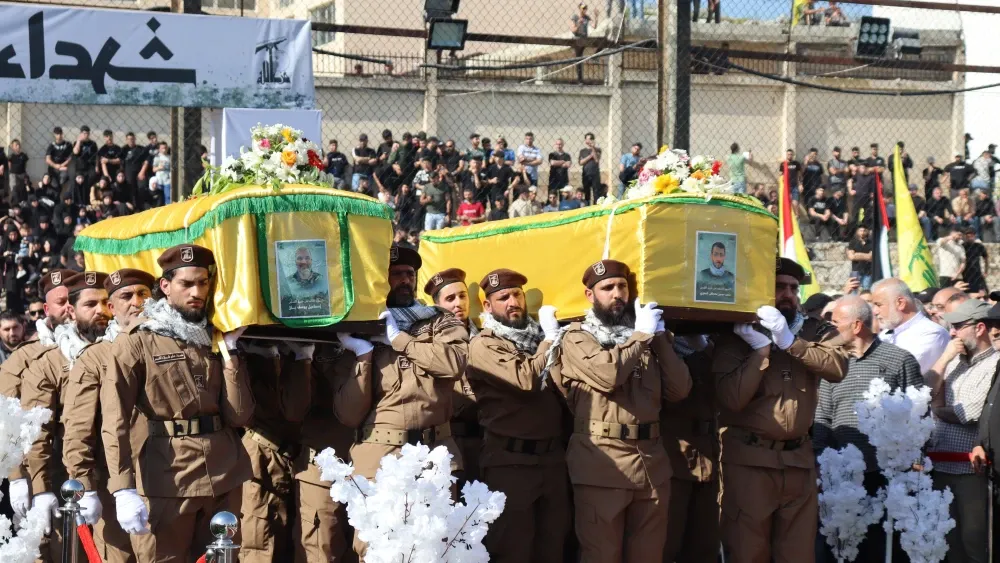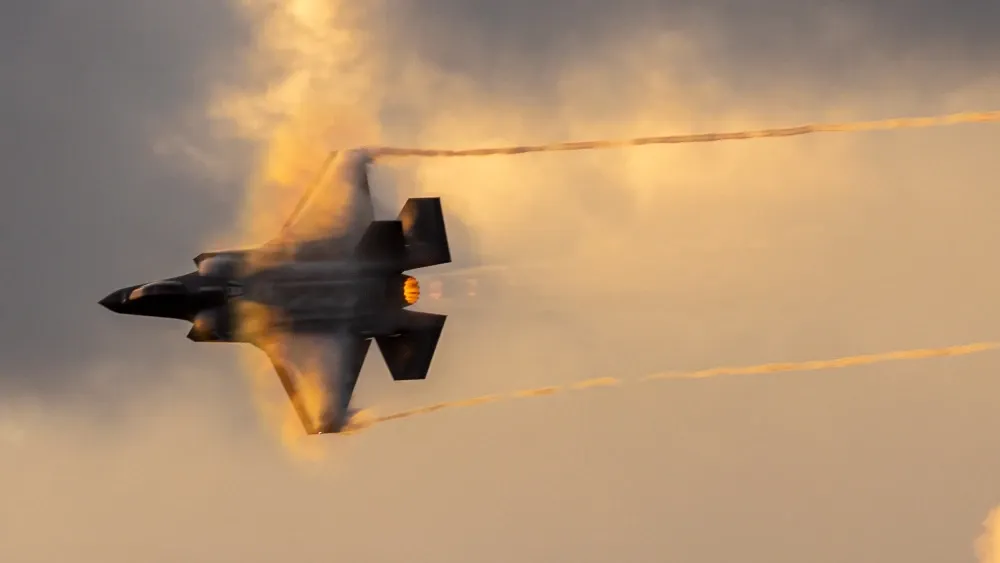| ||
 | ||
| Hezbollah on the Brink and Turkey's Dangerous F-35 Debacle By Ahnaf Kalam ● Sep 25, 2024 Smart Brevity® count: 4.5 mins...1194 words Today we delve into the congressional probe spurred by MEF research into tax-exempt Islamist groups allegedly tied to terrorism. We also examine Israel's escalating conflict with Hezbollah in Lebanon, where tactical military gains could alter the region’s strategic balance. Lastly, we explore the controversy surrounding the Biden administration's decision to revive the F-35 deal with Turkey, raising concerns about U.S. security as Turkey's actions grow increasingly aligned with adversarial powers. | ||
News: Congressional Probe into Islamist Groups Cites MEF ResearchRecent letters from Congressman Jason Smith to IRS Commissioner Daniel Werfel call for investigation into eight tax-exempt organizations, citing Middle East Forum’s (MEF) research. Why it matters: MEF’s work is informing Congressional actions, leading to greater scrutiny of organizations allegedly involved in activities inconsistent with their charitable status. Details: MEF’s research highlights ties between Islamic Relief Worldwide and terrorist organizations, and funding activities of Baitumaal and United Hands Relief.
The big picture: This congressional probe underscores the broader issue of ensuring that tax-exempt organizations comply with their intended charitable purposes, preventing the misuse of funds for extremist activities. | ||
String of IDF Successes Might Cause Nasrallah to Back Down, but Won’t Lead to Victory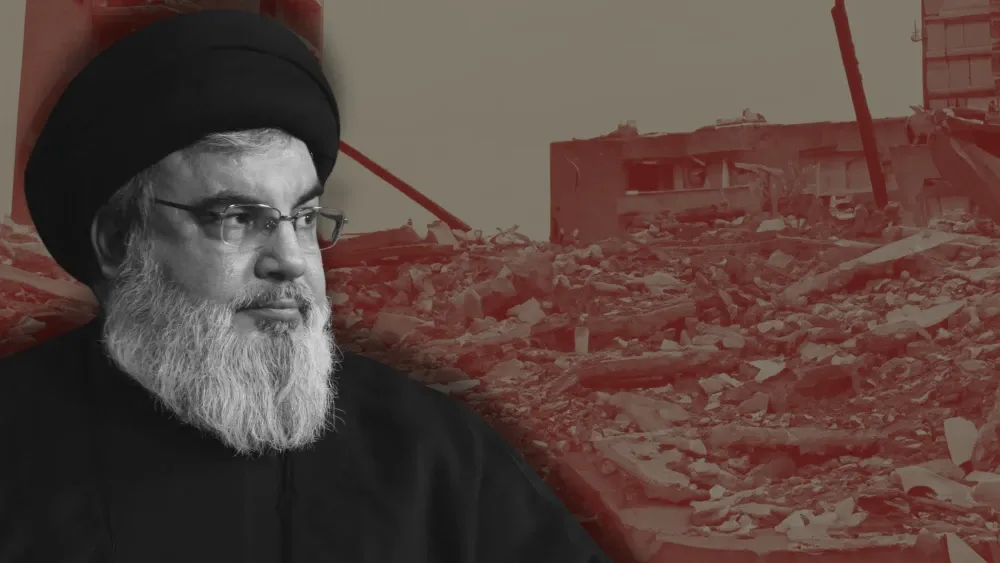 By: Lazar Berman Bird’s eye view: Israel is hoping stunning tactical achievements will head off war against Hezbollah, but defeating the organization requires a different approach.
Wider implications: Tactical successes may not suffice; a broader strategy is needed to dismantle Hezbollah’s military power and ensure regional stability.
| ||
An Israeli Victory over Hezbollah Would Change the Strategic ParadigmAn Israeli victory over Hezbollah would change the strategic paradigm, challenging the necessity of negotiating with terrorists. Why it matters: This shift could alter international diplomatic strategies, encouraging direct action against terrorist groups instead of negotiations.
A decisive victory against Hezbollah would not only impact the region but also influence global diplomatic approaches towards terrorism. What’s next: Israel must capitalize on this momentum to deliver a final blow and restore full sovereignty to Lebanon.
| ||
Can Israel Avoid Provoking All-Out War with Hezbollah?Israel has launched its largest-scale operation against Hezbollah targets in Lebanon since the 2006 summer war, striking 1,600 targets and killing nearly 500 people. The big picture: The escalation on Israel’s northern border could lead to all-out war, significantly impacting regional stability and security. Details: Israel aims to drive a wedge between the Iran-led alliance, pressuring Hezbollah to cease its missile and drone attacks.
The bottom line: Israel’s actions are intended to force Hezbollah to withdraw and comply with UN Resolution 1701, allowing 60,000 Israeli border residents to return home.
| ||
Israel Killed Ibrahim Aqil: The United States Should Have InsteadHunting those involved in the 1983 Beirut bombings would have signaled a high cost for killing Americans. What happened?: The U.S. missed an opportunity to deter future terrorist attacks against Americans by not targeting Aqil.
Implications for U.S. policy: The U.S. must reevaluate its approach to counter-terrorism to prevent future attacks.
| ||
Biden Revives F-35 Deal for Turkey: Congress Must Stop ItThe Biden administration’s proposal to revive the F-35 deal with Turkey is misguided and dangerous. We might as well just give the F-35s to Russia and China and skip the middleman, while we’re at it.
Wider implications: Congress must take immediate action to prevent the sale and protect U.S. interests.
| ||
Additional Updates: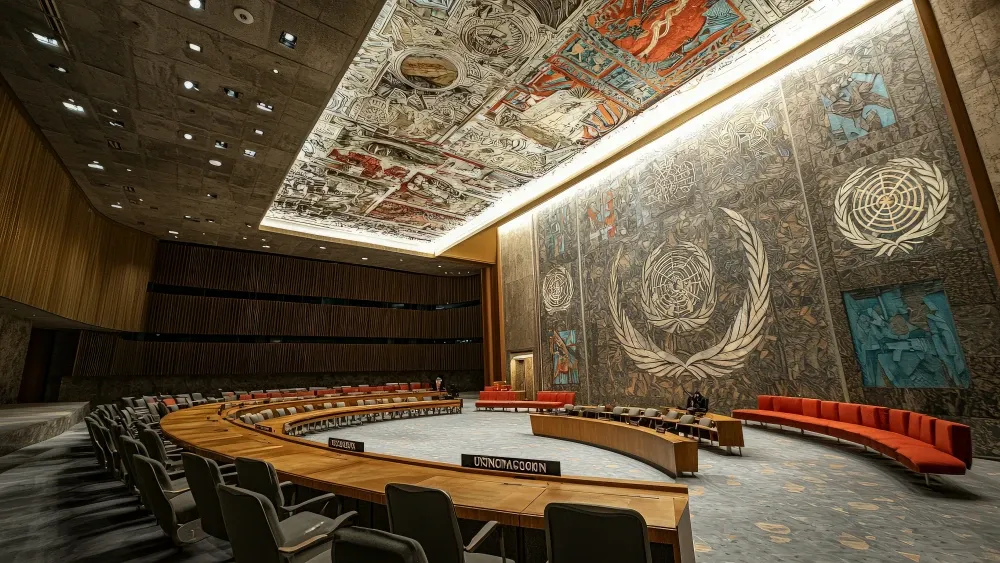 Read: “With Hezbollah Hobbled, U.N. Must Enforce Security Resolution 1701” by Michael Rubin Read: “New Clashes Between U.S.-Backed Forces and Iran-Backed Militias in Eastern Syria” by Sirwan Kajjo | ||
| As Washington turns its attention to Islamist organizations misusing their tax-exempt status, and U.S. policymakers navigate the complexities of the Middle East, MEF’s research continues to shape critical discussions – and this congressional inquiry is just one front. With MEF’s contributions at the forefront, the message is clear—whether scrutinizing nonprofits or evaluating strategic military alliances between Turkey and the United States, there’s a growing urgency to ensure that U.S. interests and global security are protected against extremism and destabilization. Thanks for reading, and stay tuned for the next edition of the MEF Dispatch. | ||
| Feedback Please share your thoughts on this edition. Was this edition useful? Your responses are anonymous | ||
| Powered by | ||
| ||


